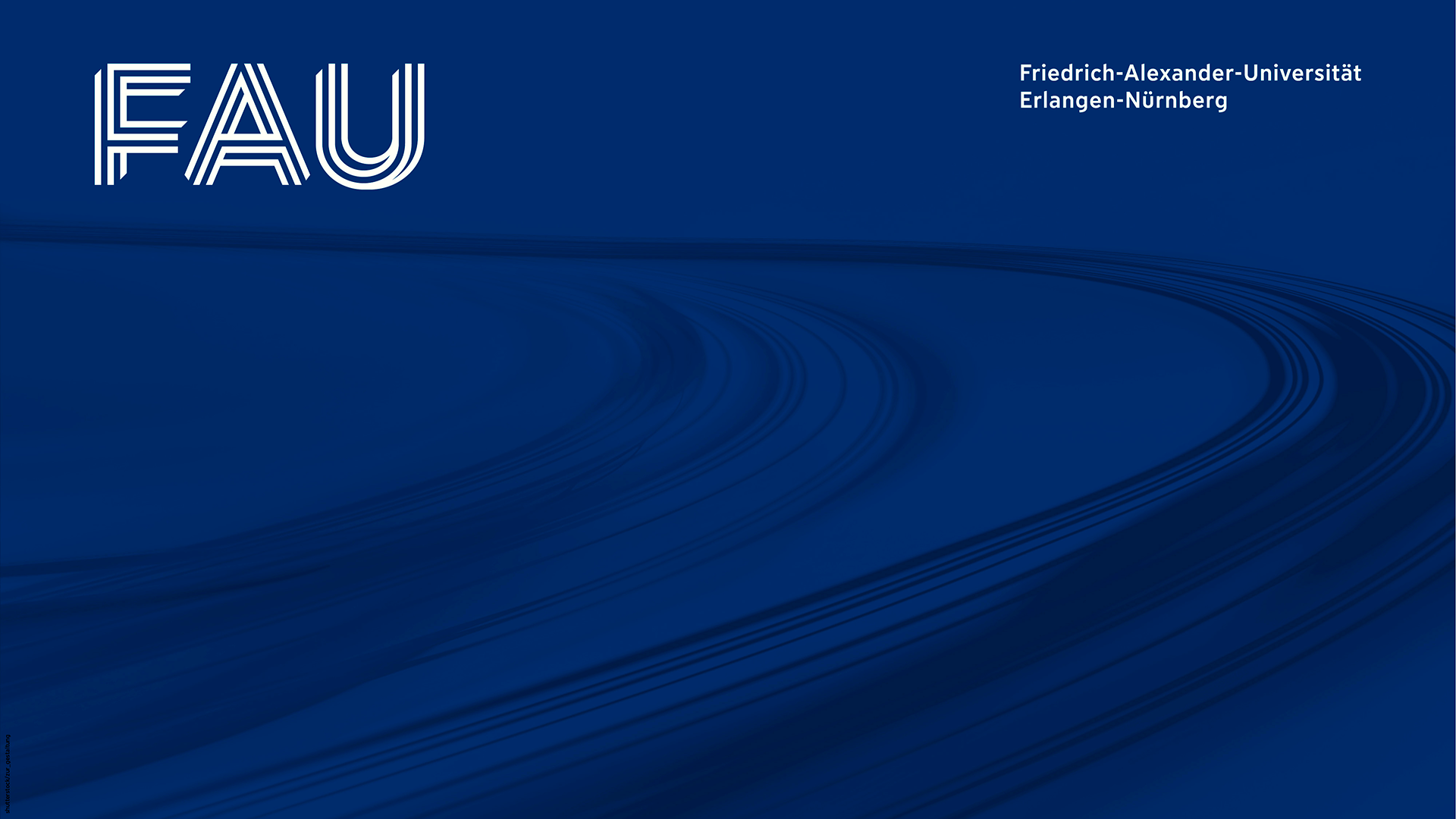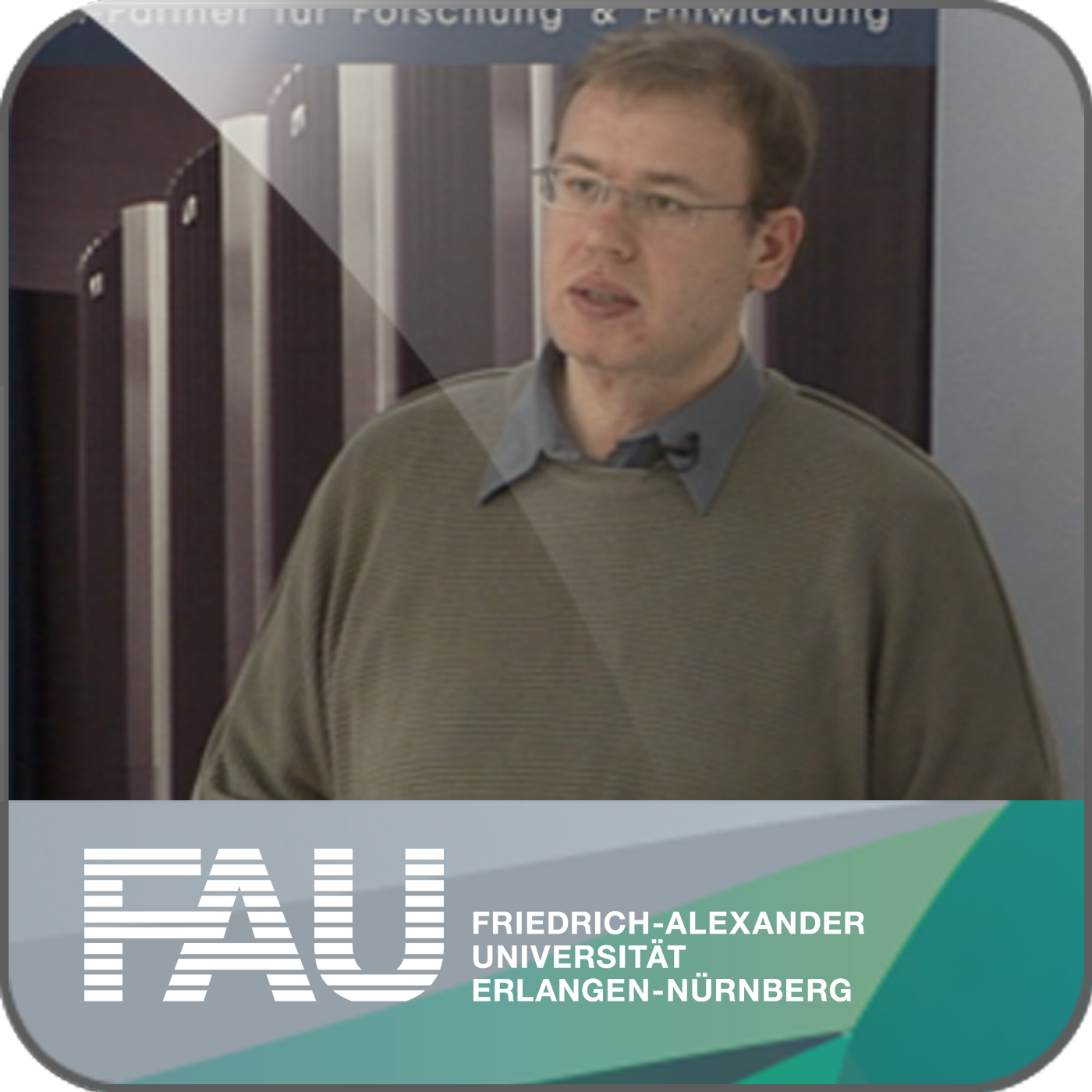Presenters
Zugänglich über
Nur für Portal
Gesperrt clipDauer
00:26:29 Min
Aufnahmedatum
2021-07-05
Hochgeladen am
2021-07-05 15:07:02
Sprache
en-US
People learning new concepts can often generalize successfully from just a single example, yet machine learning algorithms typically require tens or hundreds of examples to perform with similar accuracy. People can also use learned concepts in richer ways than conventional algorithms—for action, imagination, and explanation. We present a computational model that captures these human learning abilities for a large class of simple visual concepts: handwritten characters from the world’s alphabets. The model represents concepts as simple programs that best explain observed examples under a Bayesian criterion. On a challenging one-shot classification task, the model achieves human-level performance while outperforming recent deep learning approaches. We also present several “visual Turing tests” probing the model’s creative generalization abilities, which in many cases are indistinguishable from human behavior.

